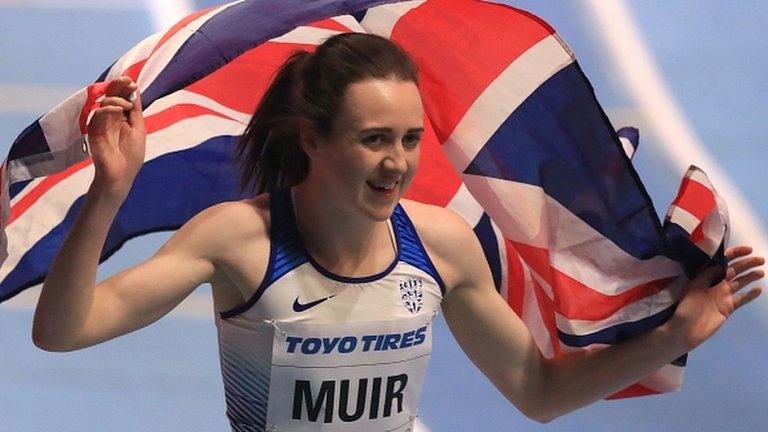Russia doping crisis: Wada president Craig Reedie faces more pressure
- Published

Sir Craig Reedie was elected as Wada president in Novemebr 2013
The World Anti-Doping Agency (Wada) and its president, Sir Craig Reedie, are under increasing pressure over the handling of the Russian doping crisis.
Russian athletes are banned from international competition after the country was accused of orchestrating a state-sponsored doping programme.
Wada has already been criticised for being slow to investigate the claims.
Now the BBC has seen documents that suggest Briton Reedie may have failed to act with due speed and rigour.
A Wada spokesman said all decisions taken by its president "are in the interest of the agency and the clean sport movement".
The BBC has obtained a copy of a hand-written note by Reedie, apparently passed to Sergey Bubka, the vice-president of athletics' world governing body the IAAF, on 1 August, 2015.

'Hope no more damage will be done' - Craig Reedie's hand-written note to Sergey Bubka
Both men, who are members of the International Olympic Committee (IOC), were attending an IOC session in Kuala Lumpur, Malaysia.
The note, written on Wada-headed paper, appears to tip off Bubka that trouble was brewing for athletics in the shape of a new documentary by the German anti-doping journalist Hajo Seppelt.
It signs off with the message: "Hope no more damage will be done. Craig."
The ARD documentary made allegations of widespread blood doping.
The BBC showed the note to Jack Robertson, Wada's chief investigator from 2011 to 2016 and a key figure in the organisation's independent commission into Russian doping and corruption allegations.
"Considering this note is in fact penned by Craig Reedie, it is extremely disappointing but not surprising," said Robertson.
"If he wrote these words then, to me, this further illustrates his overall loyalties clearly rest with the national and international federations - in this case the IAAF - and not the protection of clean athletes' rights.
"His mindset should have been an eagerness to learn if any further revelations were unearthed… showing further potentially valuable evidence of systematic doping and criminal misconduct.
"Instead, this note shows he is more concerned about further embarrassment to an IAAF vice-president than discovering and seeking the truth."
Robertson also questioned Sir Craig's rigour.
"Craig has been very public that his management style is an avoidance of conflict, which would be wonderful if he were president of his homeowners' association, but certainly not as leader of Wada and the global anti-doping community," he added.
"Clean athletes need a defender, not an ostrich."
Also critical of Sir Craig was Seppelt, the man behind the ARD documentary.
"It is so embarrassing for the president of the world body who is fighting at the top against doping," he said.
"He is more interested to avoid any damage for sports instead of doing the opposite - to fight against corruption and doping in sports."
Wada spokesman Ben Nichols said Bubka wanted to "discuss the likelihood of further revelations" from the German television documentary with Sir Craig.
Nichols added: "This certainly was not meant to imply in any way that the Wada president wouldn't want doping issues to be exposed.
"However, it is always disappointing to learn that anti-doping organisations that are entrusted to protect athletes may have failed to do so.
"The August allegations related to the blood database were submitted to the independent commission, which ultimately determined that the IAAF had not failed in its duty in this regard."
On Monday, Wada was criticised by the US Senate.
In a letter to Sir Craig, Senator John Thune wanted the 75-year-old Scot to explain why Wada had taken years to investigate claims of a government-run doping programme in Russia.
"These recent allegations, and Wada's subsequent response, have called the organisation's strength and credibility into question," Thune said.
The BBC has also been made aware of an email sent by Sir Craig to Wada staff a few days after a Seppelt documentary broadcast in December 2014.
The documentary exposed widespread Russian doping, and corruption with anti-doping processes, allegations an independent Wada report verified, leading to all the country's track and field athletes being banned from Rio this week., external That decision was ratified by the IOC.
IAAF's Rune Andersen: "A hundred negative tests does not mean that an athlete is clean"
The email, sent on 9 December, 2014, came while Wada was planning its reaction to the claims of doping and corruption.
It suggests, by some interpretations, that Sir Craig wanted his staff to assess how the story was playing out in the media before deciding whether to initiate an investigation.
Part of the email reads: "Things are changing here by the minute. How many press comments and Twitter? And are the sources serious?
"I need to think this through and will be back to you tomorrow. One day is not significant. Let me know the stats."
The day before this email from Sir Craig, a strongly worded email from the United States Anti-Doping Agency chief Travis Tygart implored Wada to act quickly.
The BBC has obtained a copy of the email, sent directly to Sir Craig. Tygart wrote: "In the past, Wada has not shrunk from its responsibility to lead the fight against doping… yet in the brief few days since these allegations were reported there seem to be indications that Wada has… deviated from its traditional leadership role.
"Moreover… Wada's initial statements in response to the allegations of Russian doping have been disappointing and unfortunately equivocal and insufficient."
A week later, Wada announced it was forming an independent commission, led by Dick Pound, that ultimately confirmed the ARD documentary's allegations.
In response, Nichols said Wada had needed time to analyse the claims made in the ARD documentary as well as seek "advice from management, input from stakeholders, its impact on stakeholders and in the international media".
He added: "It was important to review as much information as possible before quickly taking the significant step of launching the investigation."
Dan Roan reports from the discredited Moscow anti-doping laboratory
However, British MP Damian Collins said the BBC's disclosures did not suggest Sir Craig was "a man who has a big appetite to get to the truth and get to the bottom of things".
Collins hinted that Sir Craig may also be asked to give evidence to a future meeting of the Culture, Media and Sport committee.
Sir Craig, a close ally of IAAF president Lord Coe, who this week announced that Russian athletes would be banned from Rio, is due to step down as IOC vice-president in August when his term of office ends.
Nichols said Sir Craig acknowledged that his role as vice-president could lead to "perceived split loyalties" and "some suggestions of bias", but said the "perceived conflict" should come to an end when he steps down from the IOC executive committee.
- Attribution
- Published22 June 2016
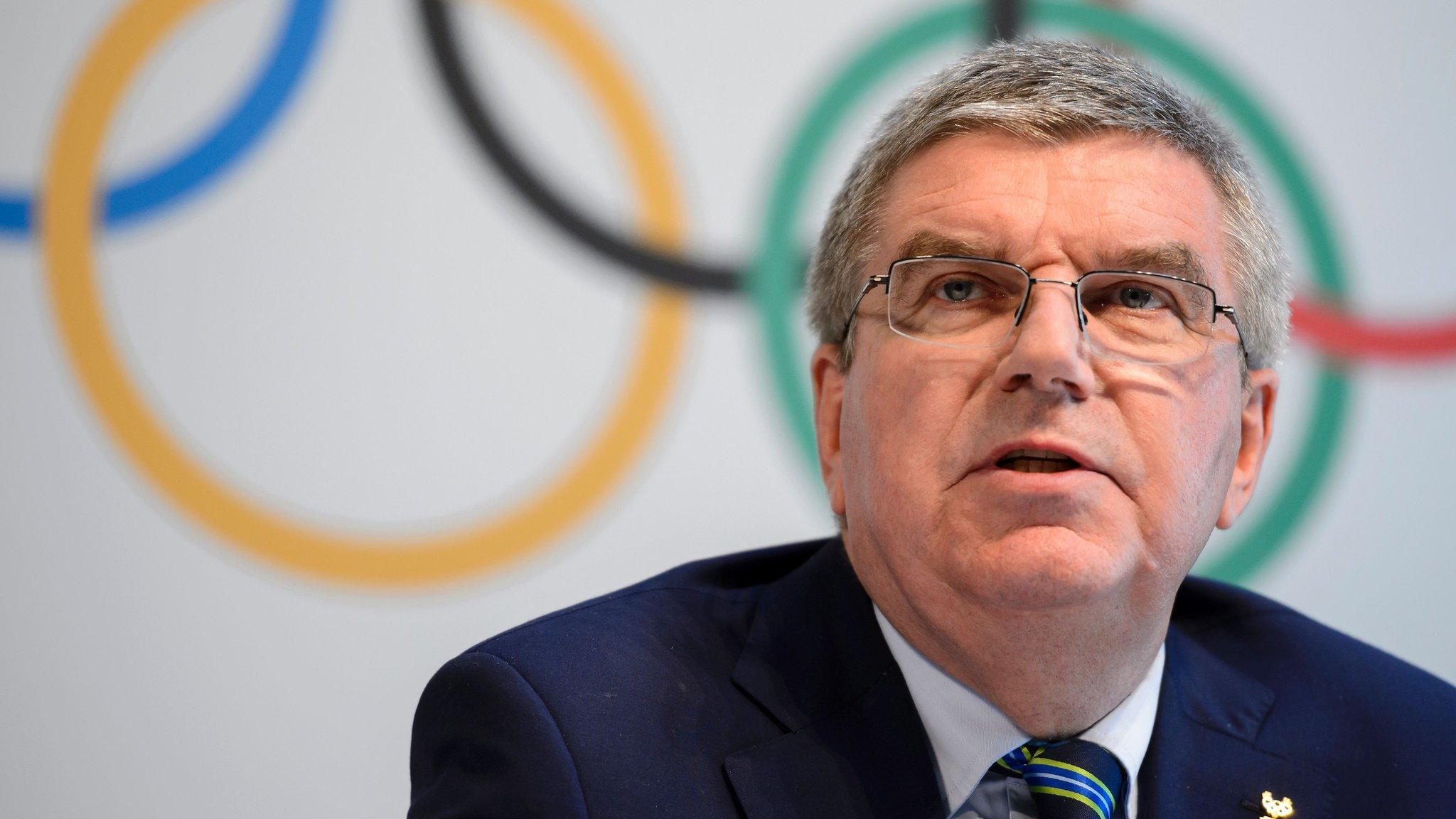
- Attribution
- Published21 June 2016
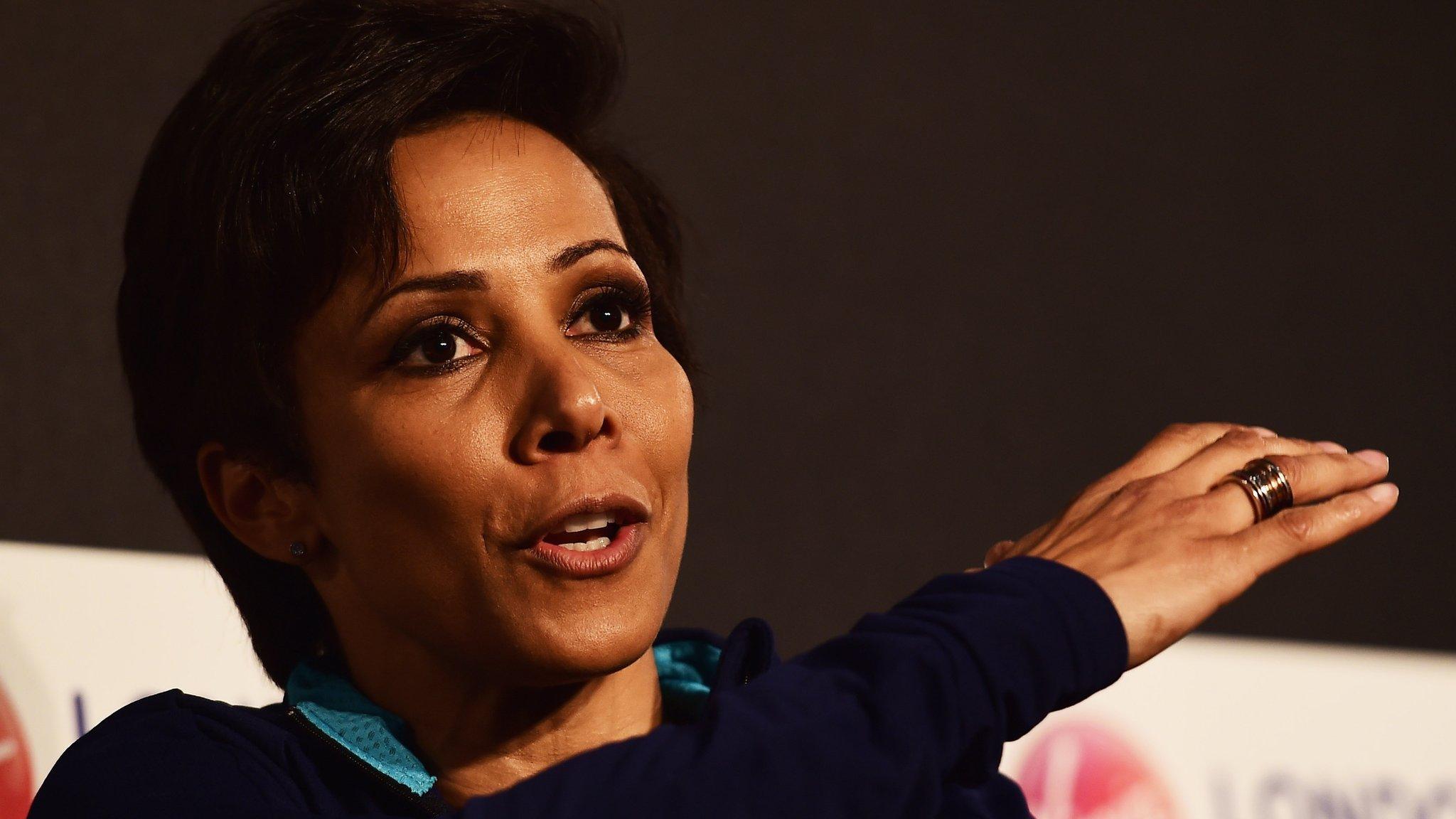
- Attribution
- Published16 June 2016
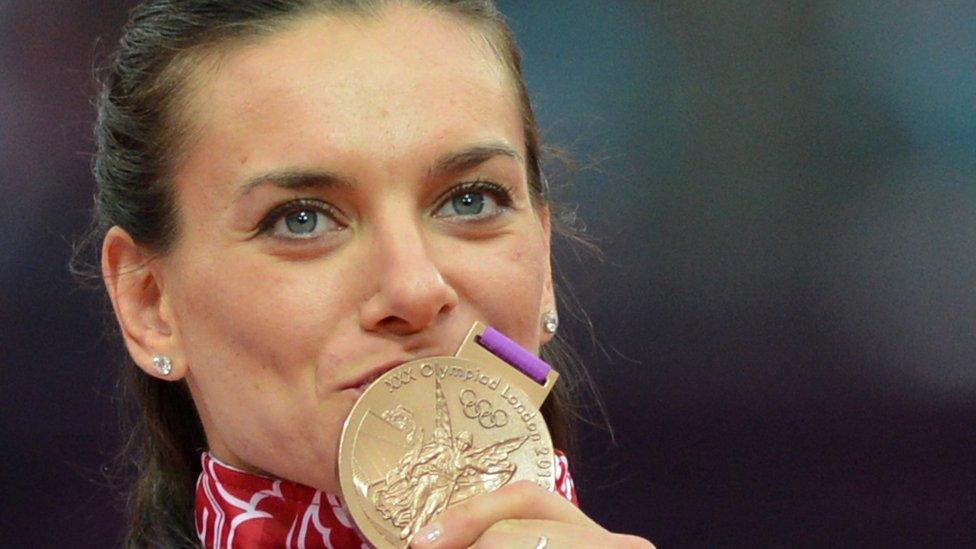
- Attribution
- Published16 June 2016
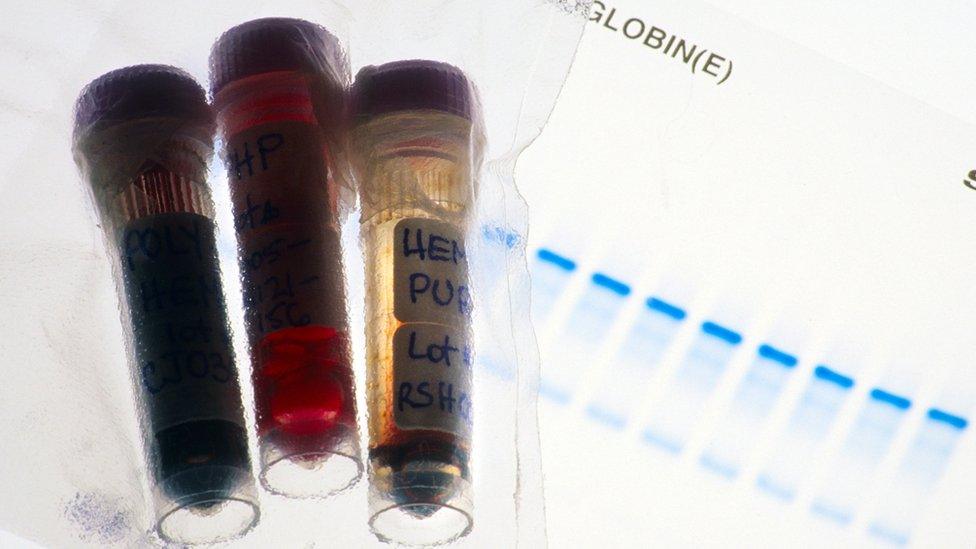
- Attribution
- Published3 March 2018
